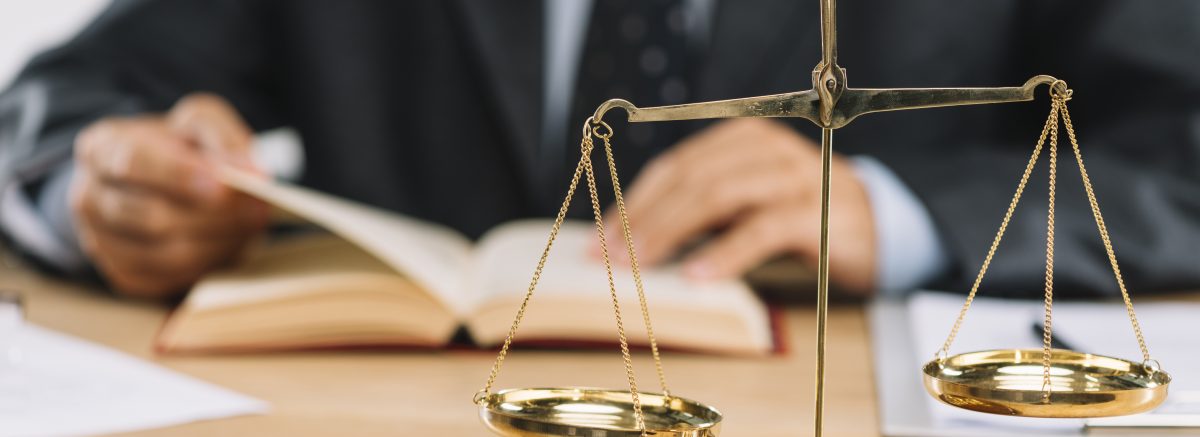In emergency situations, the rights and safety of victims of human trafficking must be respected and protected
In emergency situations, the rights and safety of victims of human trafficking must be respected and protected.
In the midst of the COVID-19 pandemic, the Group of Experts of the Council of Europe Against Trafficking in Human Beings (GRETA) draws attention to the particular difficulties faced by victims of trafficking, who tend to find themselves in a position of extreme vulnerability.
In addition to suffering psychological and physical trauma, many of these women, men and children lack livelihoods, may be in situations of irregular migration or illegal employment, lack medical or social protection, documents and resources that would allow them to return to their countries.
During the COVID-19 pandemic, their situation can only get worse, and criminals can actively use this global crisis and vulnerability to increase the financial profits generated by human trafficking. In order to contain the spread of the virus and save lives, the member states of the Council of Europe emphasize the emergency situation and take urgent and other restrictive measures, including mandatory quarantine, cancellation of non-essential activities, border closures, etc. Although these measures are necessary, at the same time they can lead to complications in the work of specialists who help and protect victims of human trafficking.
In many countries, law enforcement agencies are mobilized due to a state of emergency or other restrictive measures, which limits their ability to investigate trafficking cases and identify victims.
Similarly, other actors who can detect situations of human trafficking, such as: labor inspectors, social workers, health workers and NGOs, are currently severely limited in their activities. Many victims are "invisible" and the risk of them remaining unidentified and unprotected increases as attention and resources are directed towards containing the spread of COVID-19.
Civil society organizations that provide shelter, support and assistance to victims of human trafficking are reporting situations where such victims have been denied access to shelter due to COVID-19, putting them at risk of homelessness and continued exploitation. Some shelters have reported cases of COVID-19 and have been forced to close in order not to endanger others staying there. At that time, in some countries, NGOs were forced to close offices, shelters and outreach work among refugees. (https://bit.ly/2UXq9SK)
Most community organizations have reduced their staff in the office, and while they aim to provide legal and other support online or by phone, the services they provide have been partially suspended, and there is growing concern about the availability of funding to continue them.
Without access to safe housing, specialized facilities, medical and psychological care, victims of trafficking, even when identified, are subject to revictimization, just as they are exposed to the virus.
The postponement of court sessions causes significant violations in the conduct of court proceedings in criminal, civil and administrative courts, restoration of the rights of the affected persons.
The state of emergency or other restrictive measures also have consequences for the return of victims of trafficking to their countries of origin, which can be delayed or, on the contrary, cause a threat, even if there are serious risks to the health and protection of the person in the countries of return. It is clear that governments must make choices about priorities and resources when faced with risks to life and physical integrity. However, GRETA reminds that the Council of Europe Convention on Measures to Combat Trafficking in Human Beings continues to apply during emergency measures. According to the Convention, member states are obliged to identify victims of human trafficking and take measures to promote their physical, psychological and social recovery, taking into account their needs for safety and protection.
These measures apply to all victims - women, men and children - who have suffered from transnational or national human trafficking, regardless of the form of exploitation and the country where they were exploited. All other relief and protection measures under the Convention, including the right to a recovery and reflection period, the granting of a residence permit and a risk and safety assessment before any return, should apply to victims of trafficking. GRETA should remind the heads of state parties of the legal and moral obligation not to limit the rights and protection of the most vulnerable groups, which include victims of human trafficking.
The demonstrated solidarity showed that our society finds ways to remain united and overcome isolation even in a situation of restrictions. We must ensure that the thousands of women, men and children who have become victims of human trafficking remain in our sphere of activity. During the period of emergency measures, GRETA will continue its activities to monitor the implementation of the Council of Europe Convention on Actions against Trafficking in Human Beings, even if the schedule of its country visits and preparation of reports is temporarily changed.
(Unofficial translation)
Original application in English: https://bit.ly/2xavqOT

